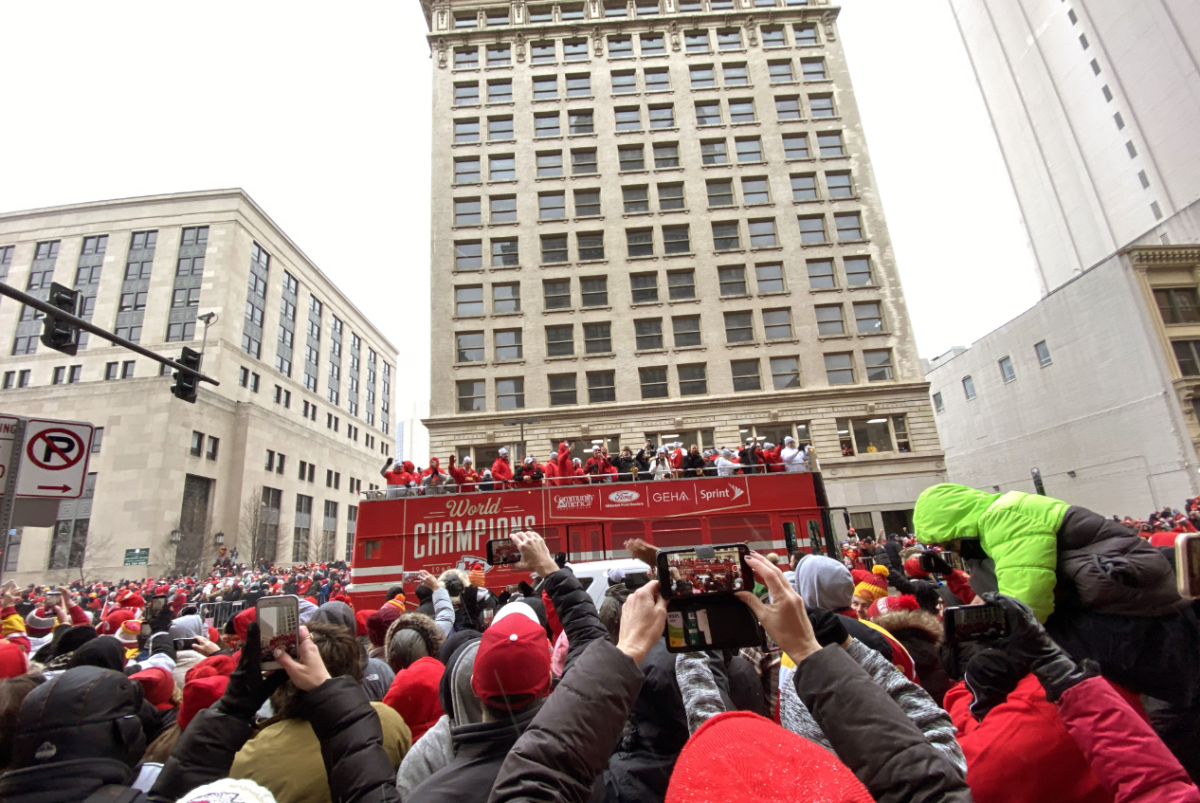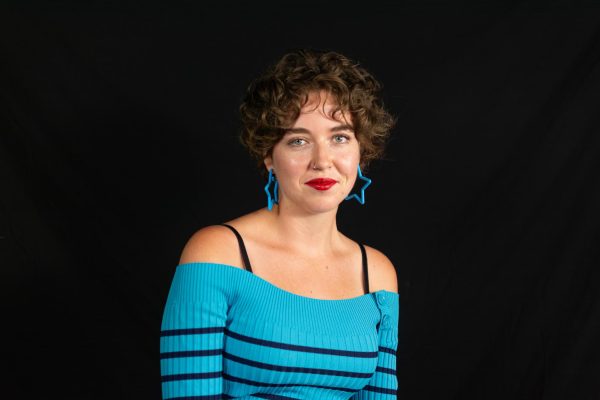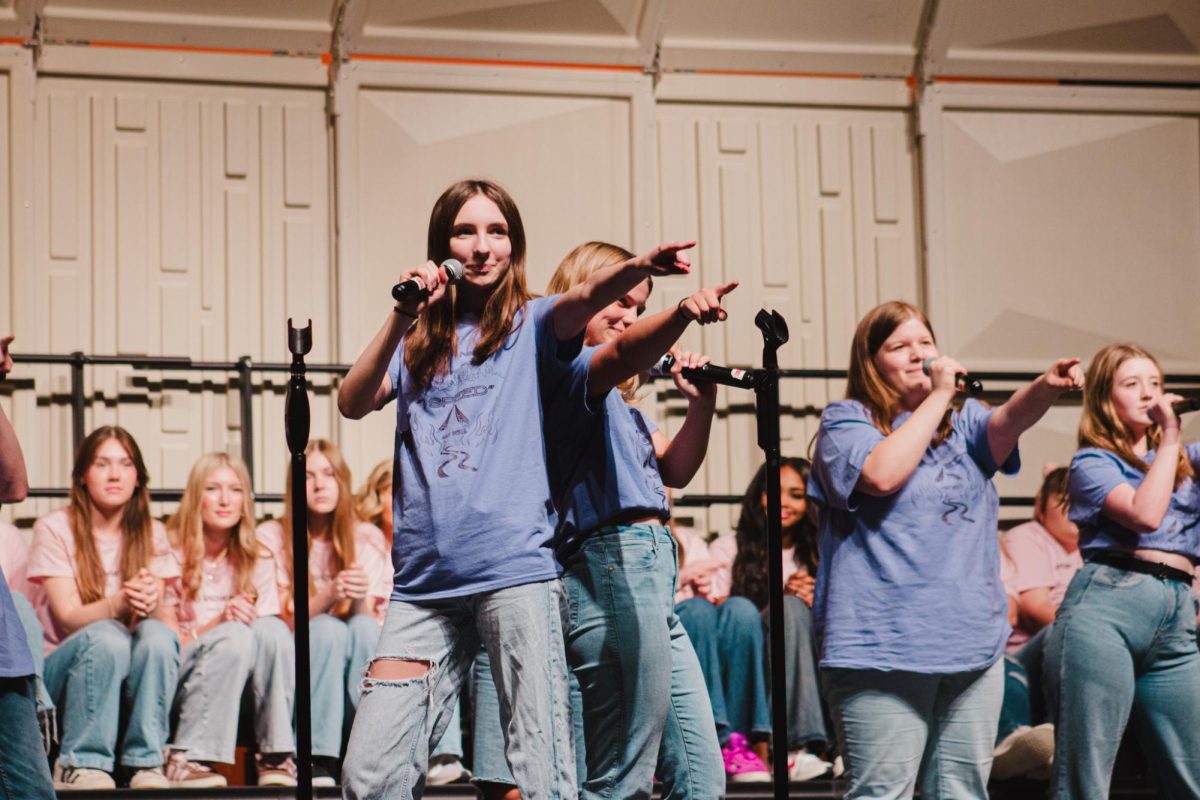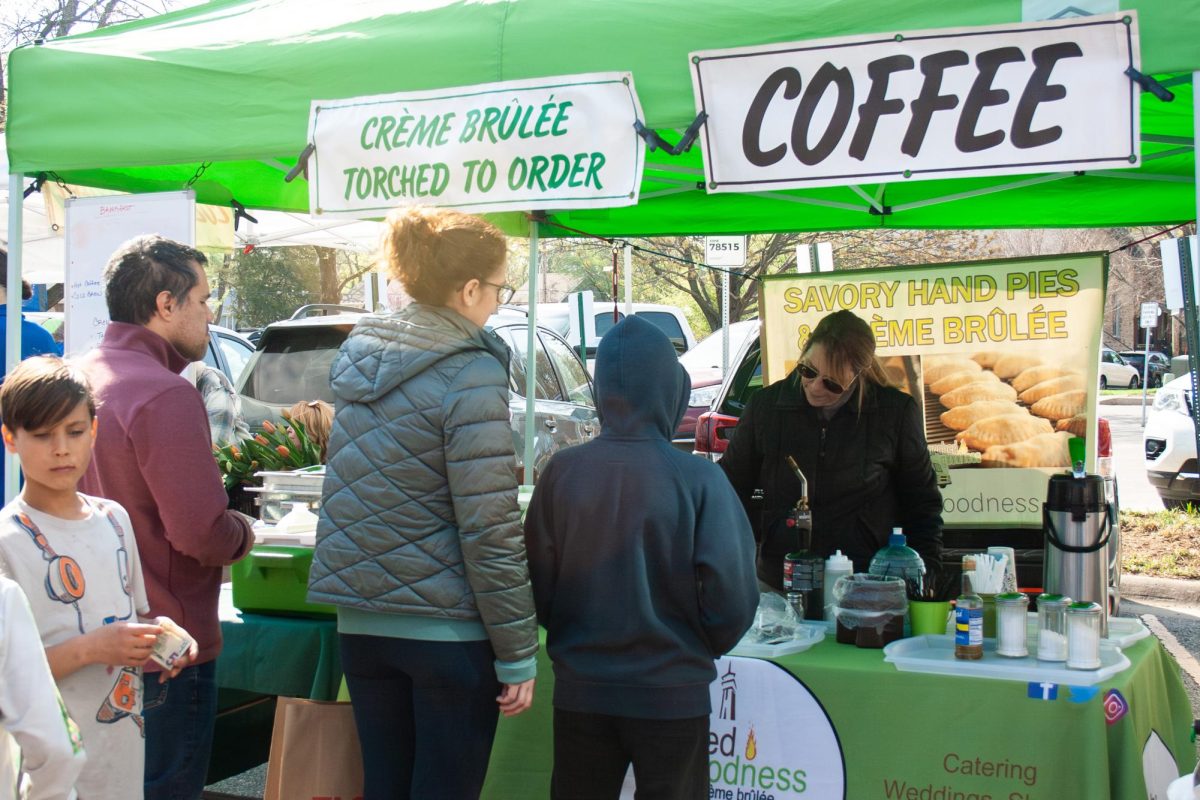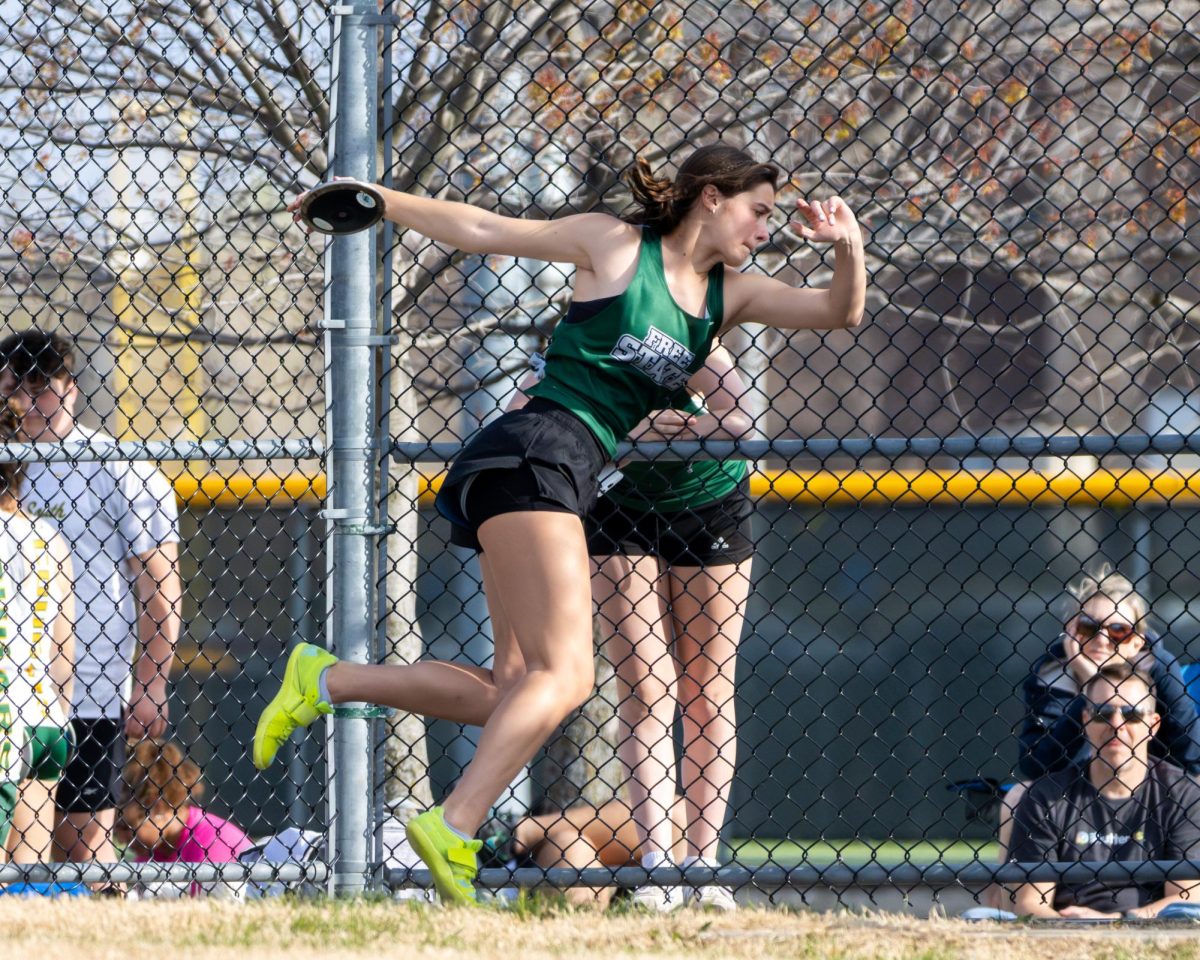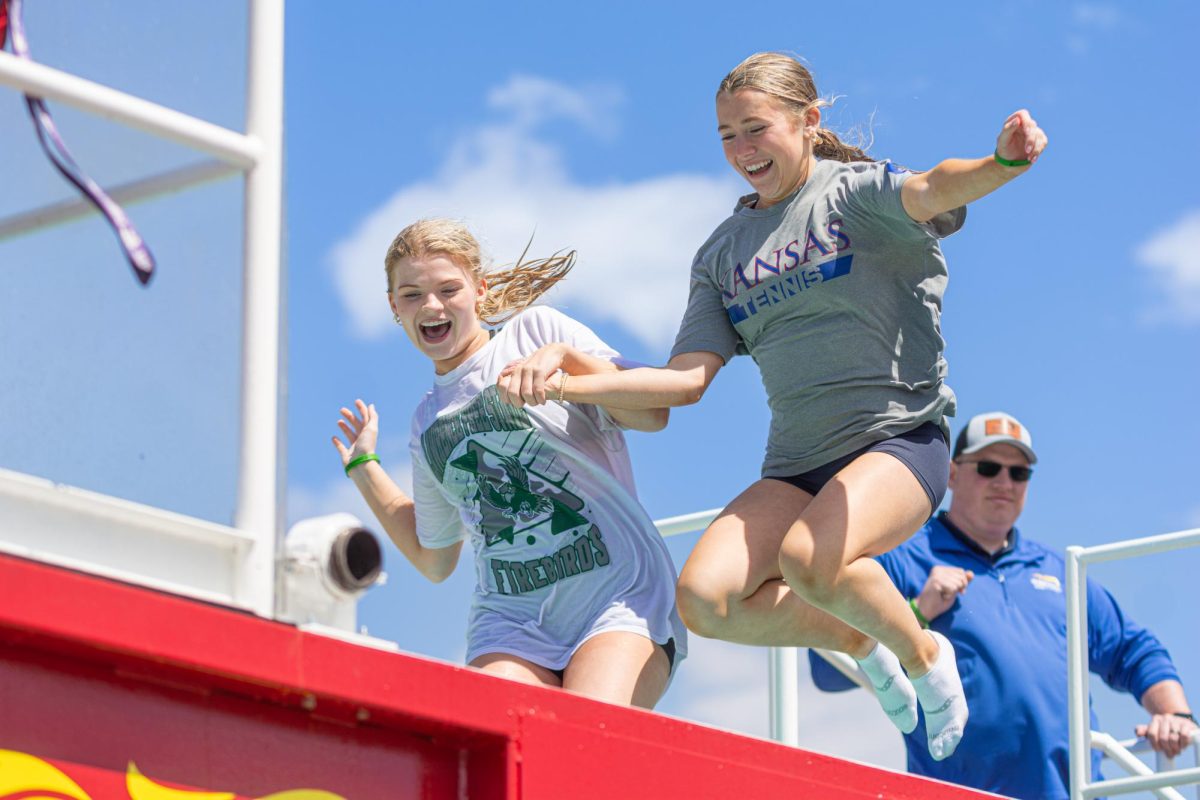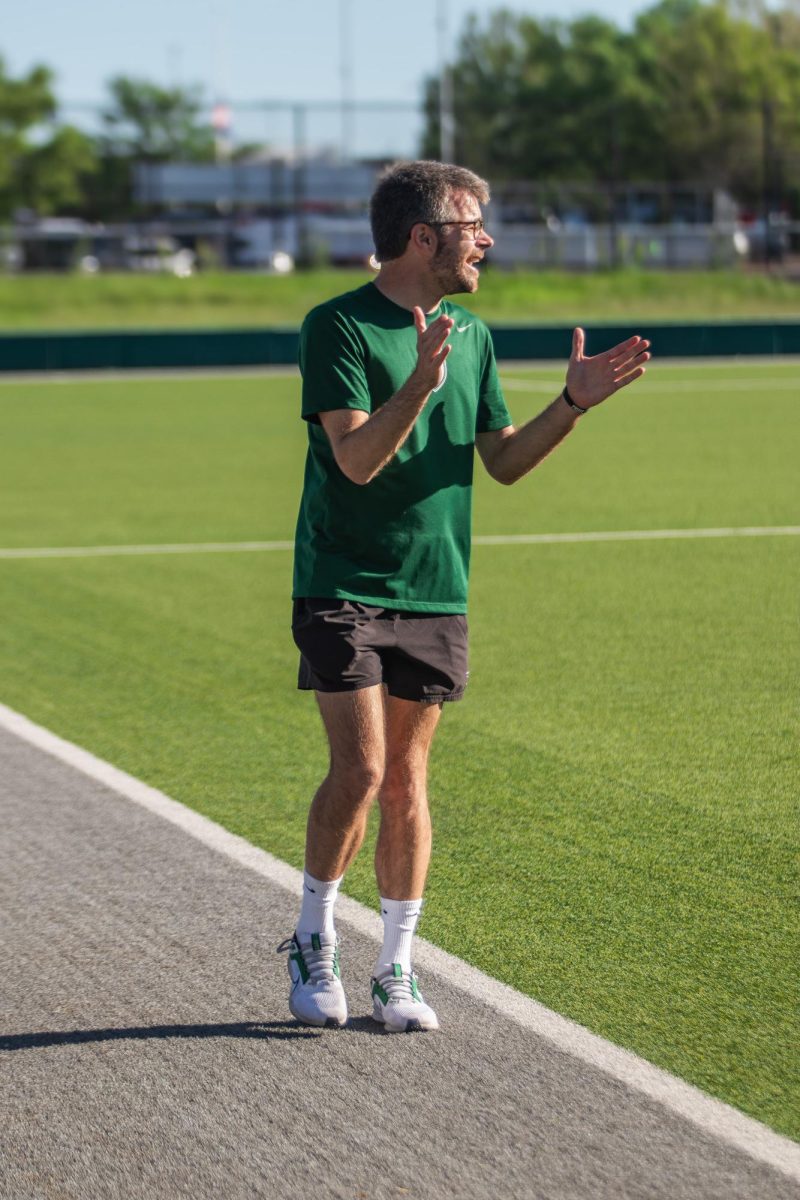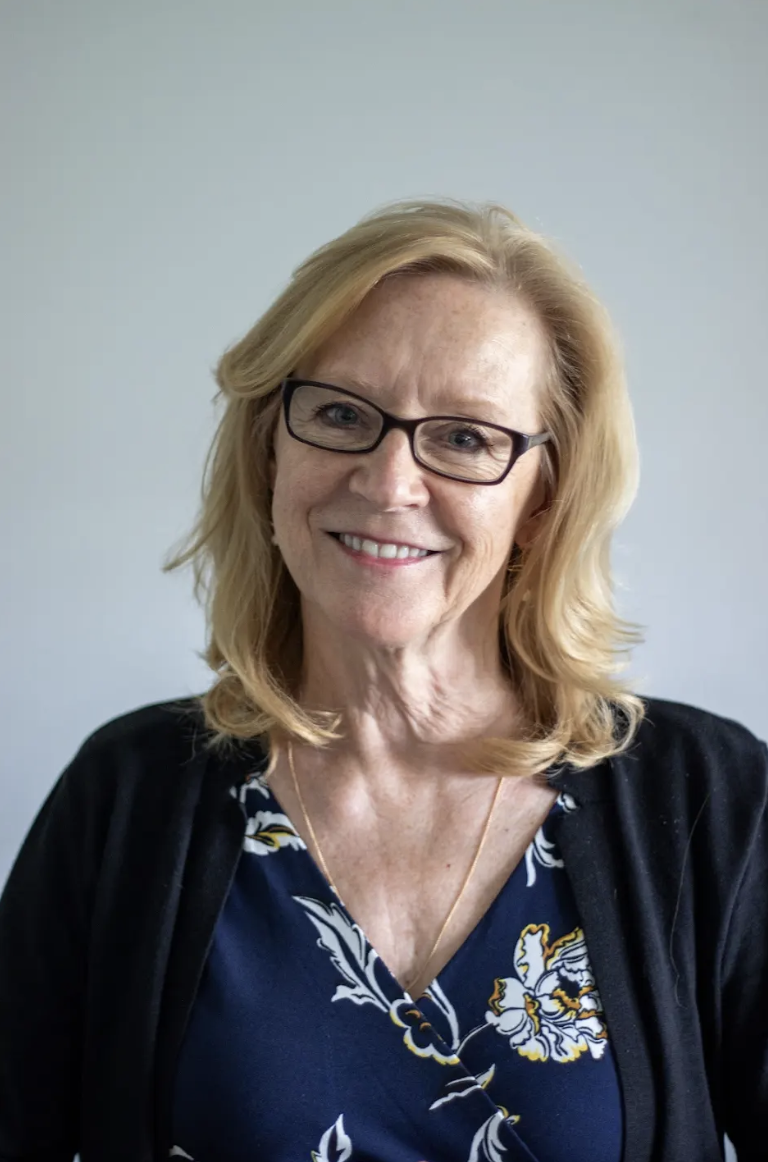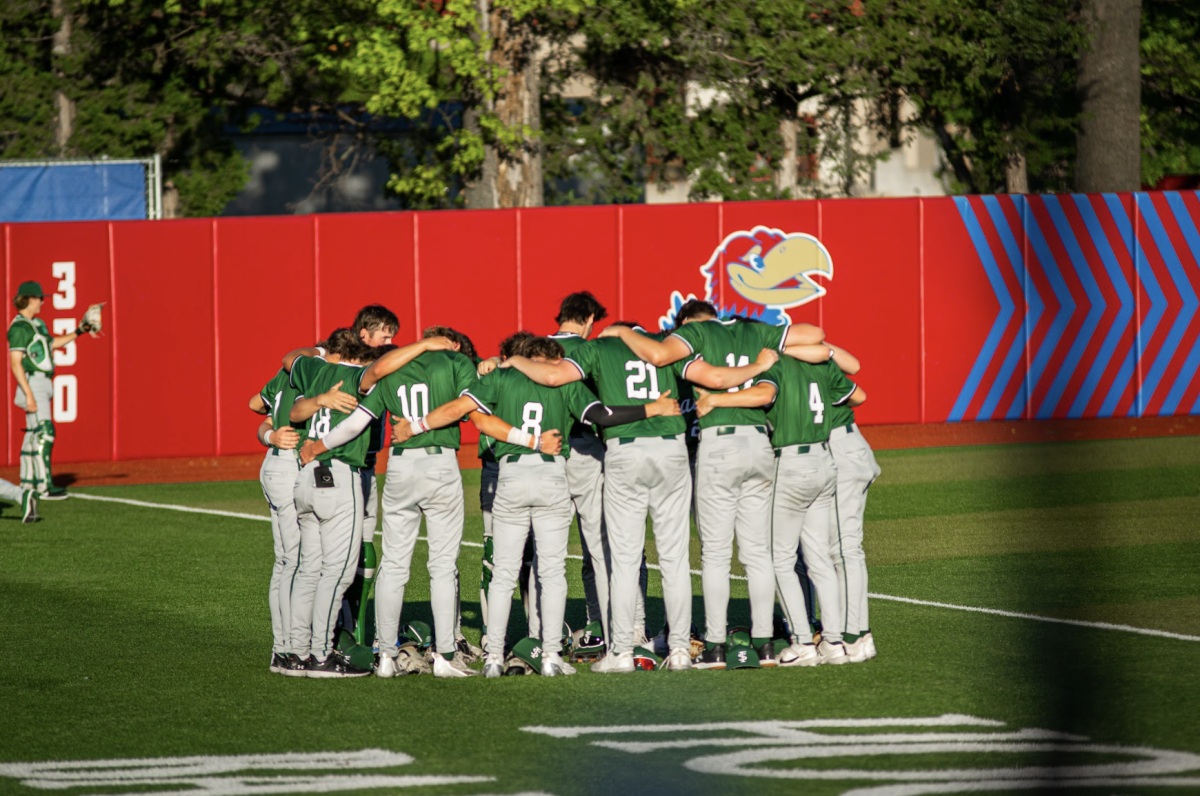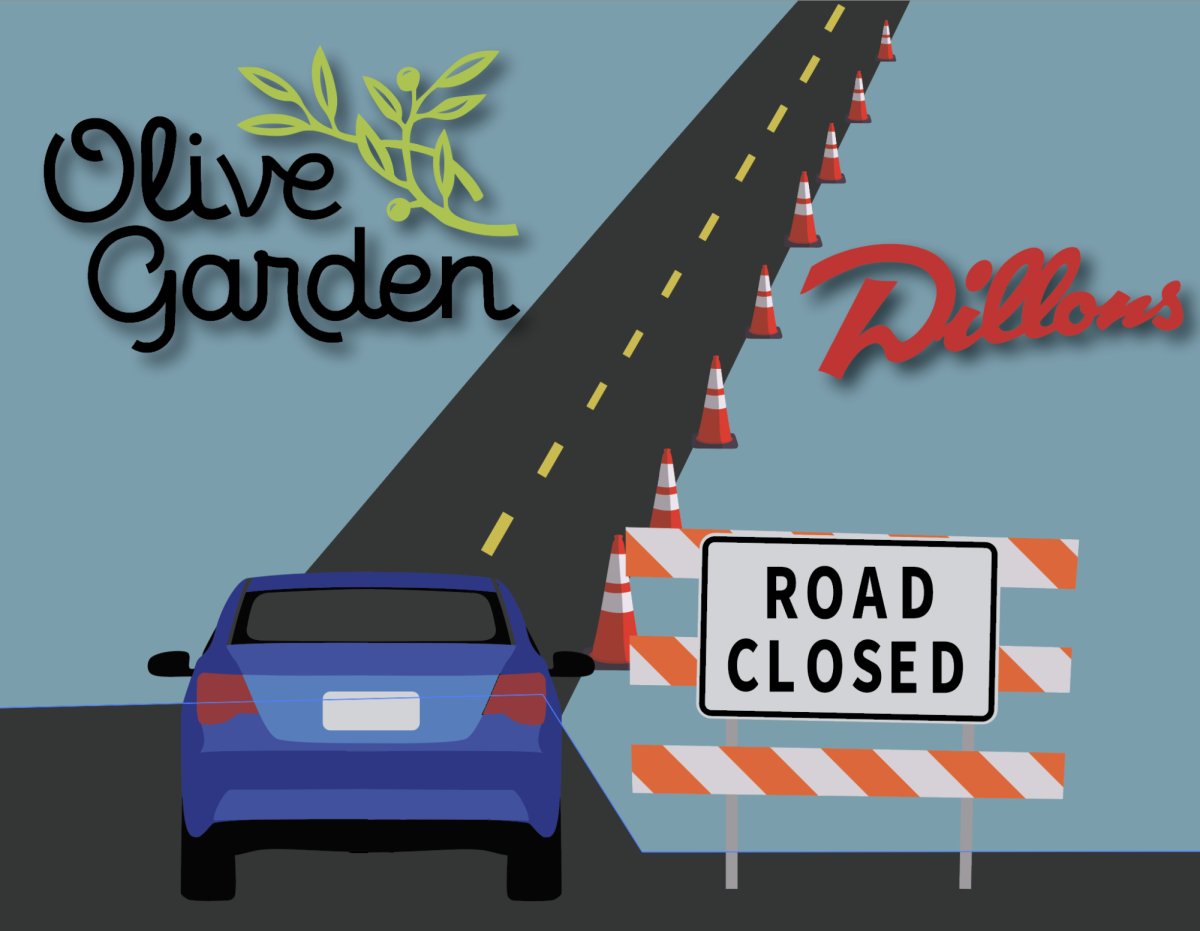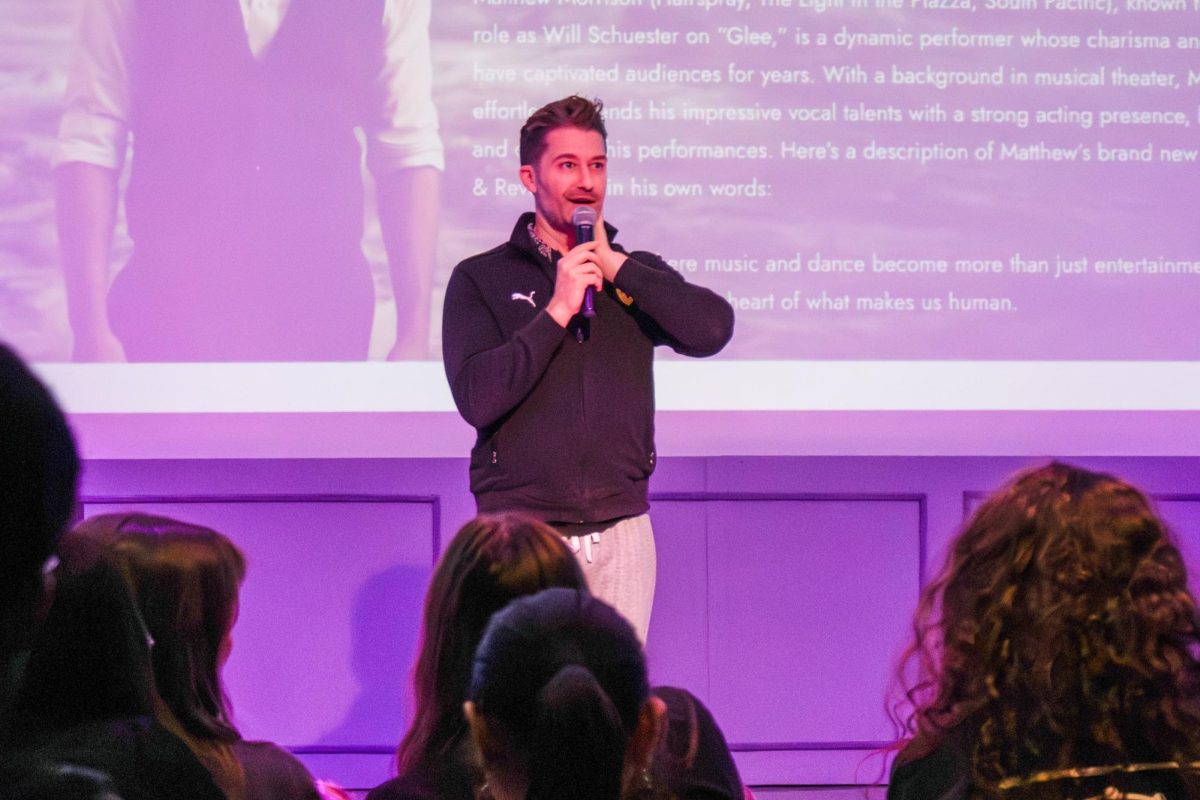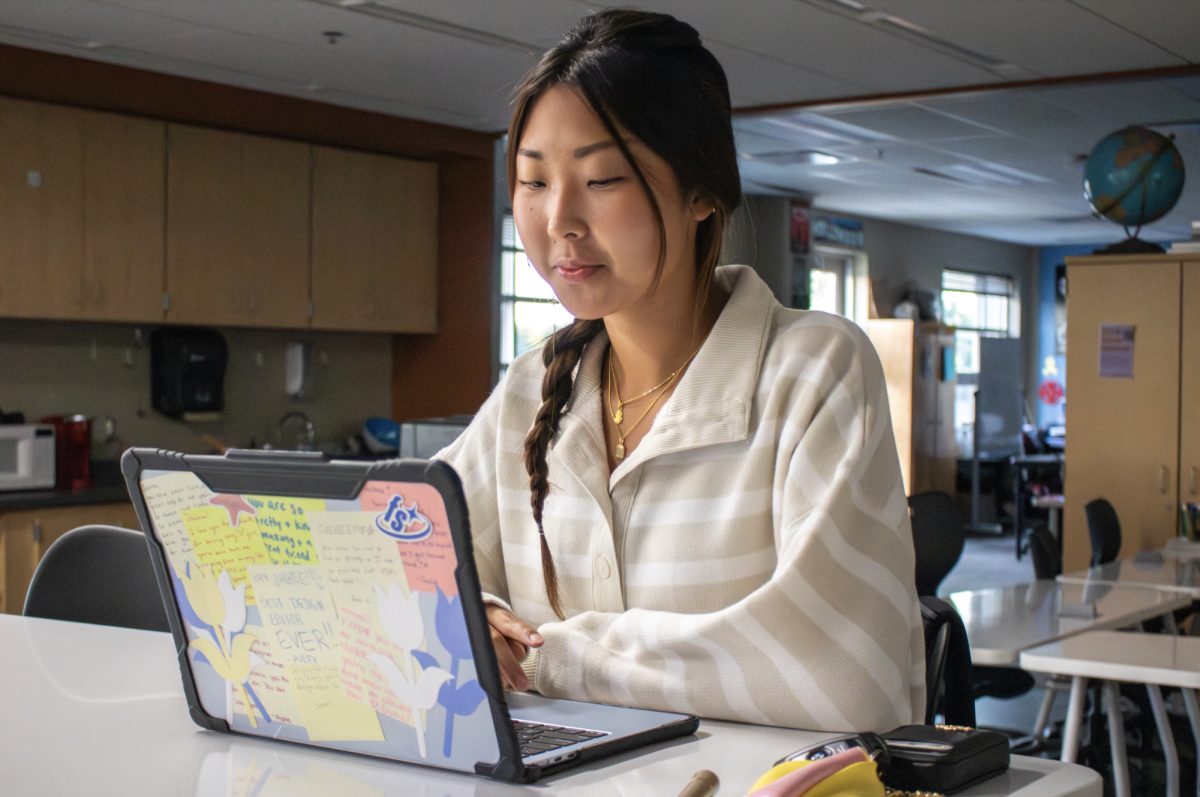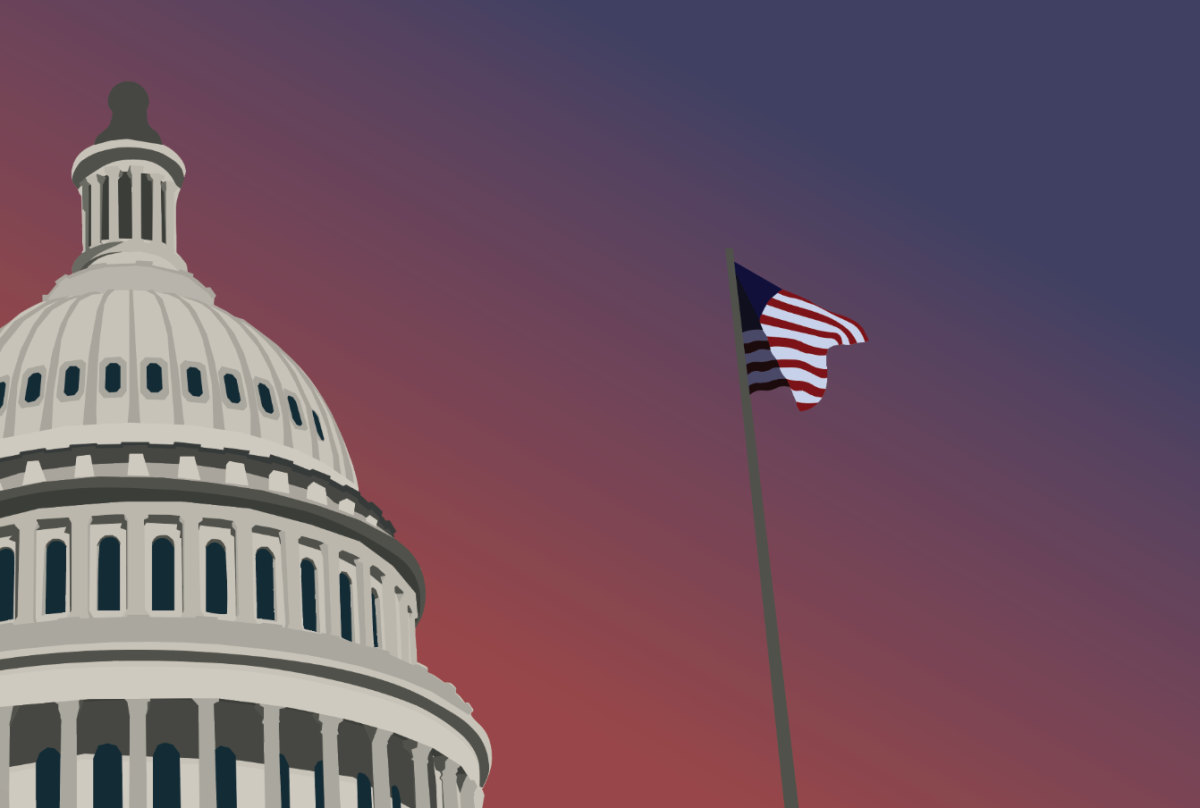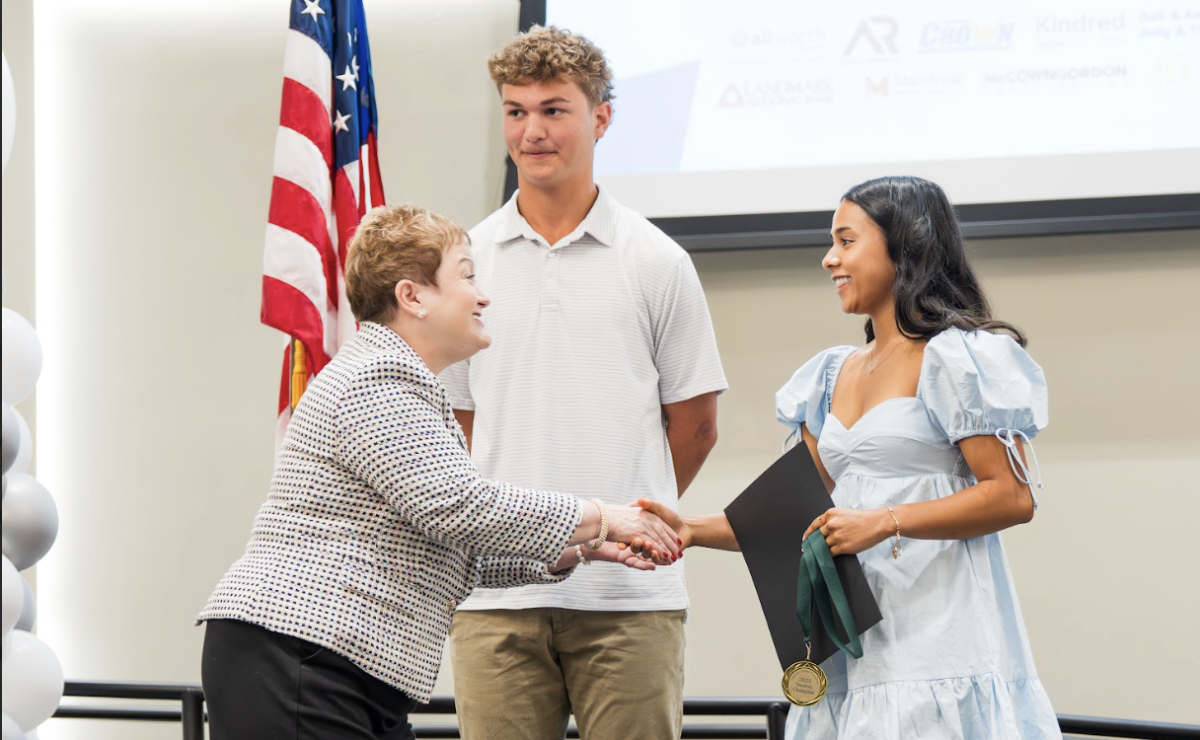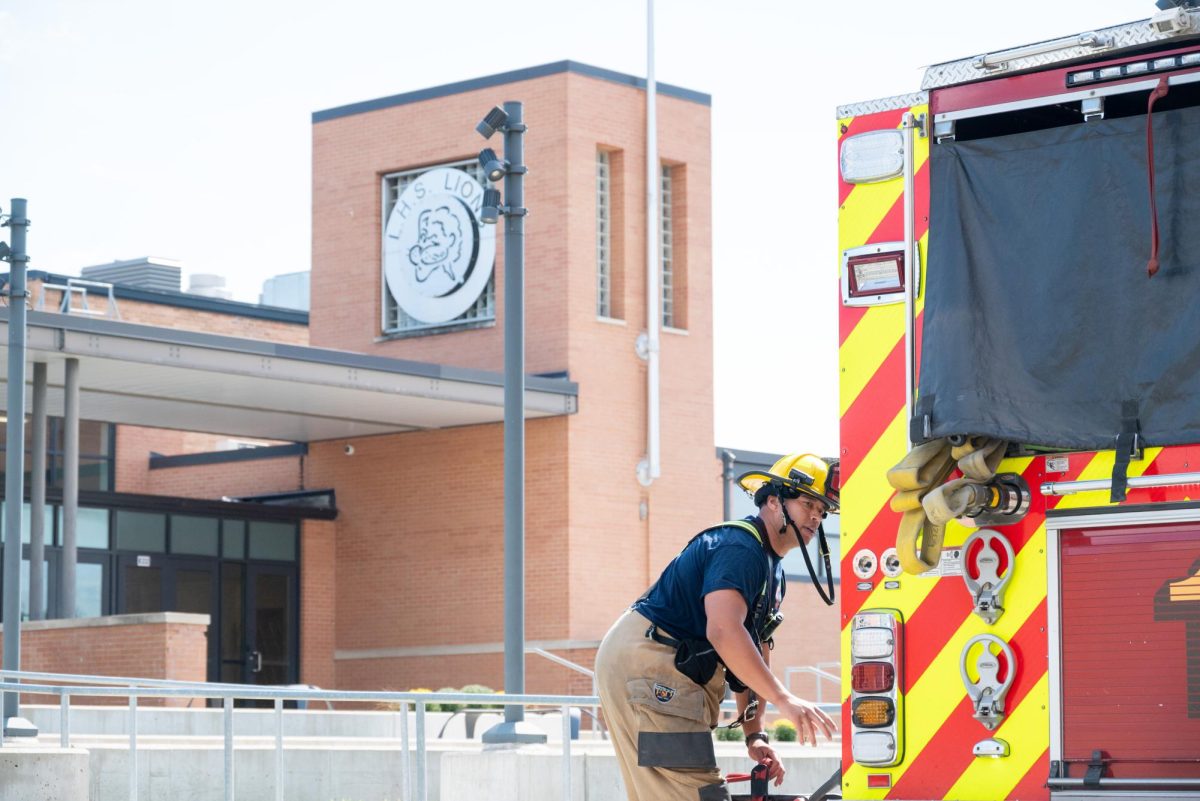On Feb. 14 of 2024, a seemingly unifying moment had yet to leave a bitter mark on the event, community, and individuals it would impact, following a shooting that would occur. With the Kansas City Chiefs’ third Super Bowl win in a five-year timeframe, the victory parade was being hosted in the Kansas City metro area, drawing massive crowds of fans to show their joy and support for the team.
Beginning at 6th Street and Grand Boulevard and following a route concluding at Union Station the parade was a celebration of another landmark victory for the home team. Unbeknownst to the thousands of attendees and over 800 police securing the event, however, once at Union Station, a verbal altercation would emerge between two individuals culminating in a shooting involving a believed four individuals.
The shooting killed 1 and injured 22 individuals, however, the overall impact spread wide to the Kansas City community, mental health and a variety of other concerns.
Speaking to the mental health concerns that arise for individuals in the wake of these types of occurrences, WRAP Counselor Nicole Koroma said “there can be lasting mental health effects …even if they weren’t injured or a family member injured. Even if they were just there, heard it, that can have lasting effects where they’re triggered by certain things later on.”
In response to these concerns, sophomore Abby Cothern, whose sister witnessed the event adjacent to the shooters, emphasized the necessity of the community to pull together and offer support when events like these occur. Cothern focused on the response of the Free State community and mental health team.
“They responded well because a lot of people were posting about it and trying to get the whole community to help and help each other out,” Cothern said.
Also highlighting the necessity of community to overcoming these events, sophomore Meera Lala expressed concern at how quickly the community has moved on from this event. Discussing how on Feb. 14 and 15 response and concern was immediate, however afterward it fell out of discussion.
“People forgot about it, it’s more quiet now and people that need to talk about it who were there, can’t,” Lala said.
As an attendee of the event herself, Lala expressed the shock she felt in the wake of the event saying “we were a block away walking down and if we would’ve kept walking we would’ve been over there, and it could’ve been us,” going onto highlight the feelings of shock and relief she felt after realizing the likelihood that they be at the location of the shooting, had they not stopped to window-shop along the way.
In the aftermath of shootings or similarly themed events, Koroma highlighted both the validity of fear and the varying other responses individuals have, whilst also focusing on the significance of fear management and overall address.
Koroma emphasized how it can be hard to function with high levels of fear and anxiety surrounding these events, and the importance of rationalizing the fear and distinguishing between that which is beneficial to safety and fear that is demobilizing. Koroma concluded by highlighting the significance of “being able to live in the moment and have fun, but also being aware and trying to keep yourself safe, because it is scary.”
Though the event’s impacts are largely personal and as diverse as the individuals impacted, Lala believes that community response is critical, speaking to the wide range of resources available if individuals can open up.
Along with this, Lala also spoke to the importance of communities uniting, emphasizing a lack of school spirit and follow-up for individuals impacted. Lala concluded on the issue of community by encouraging community spirit, saying “the more we grow apart, the worse it gets.”



